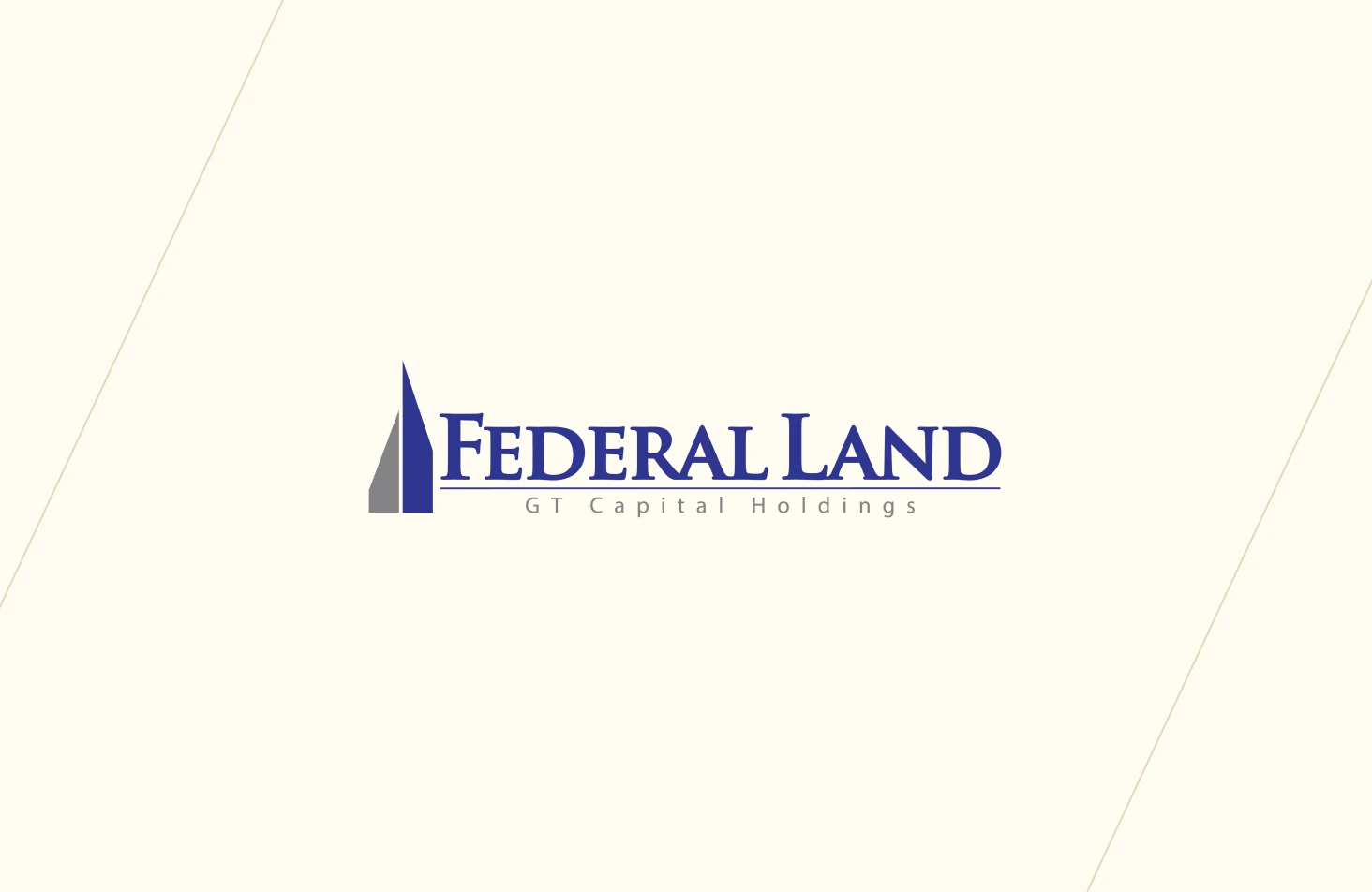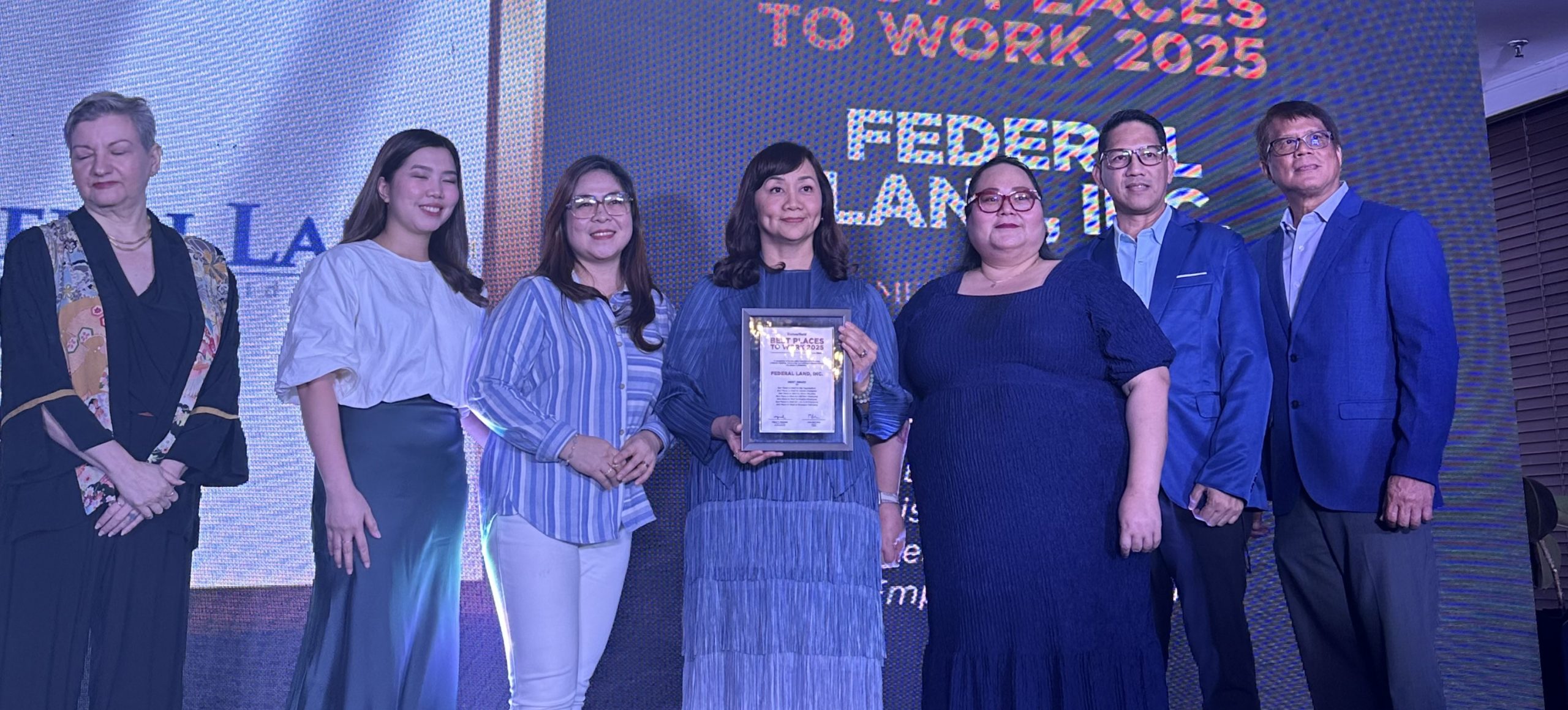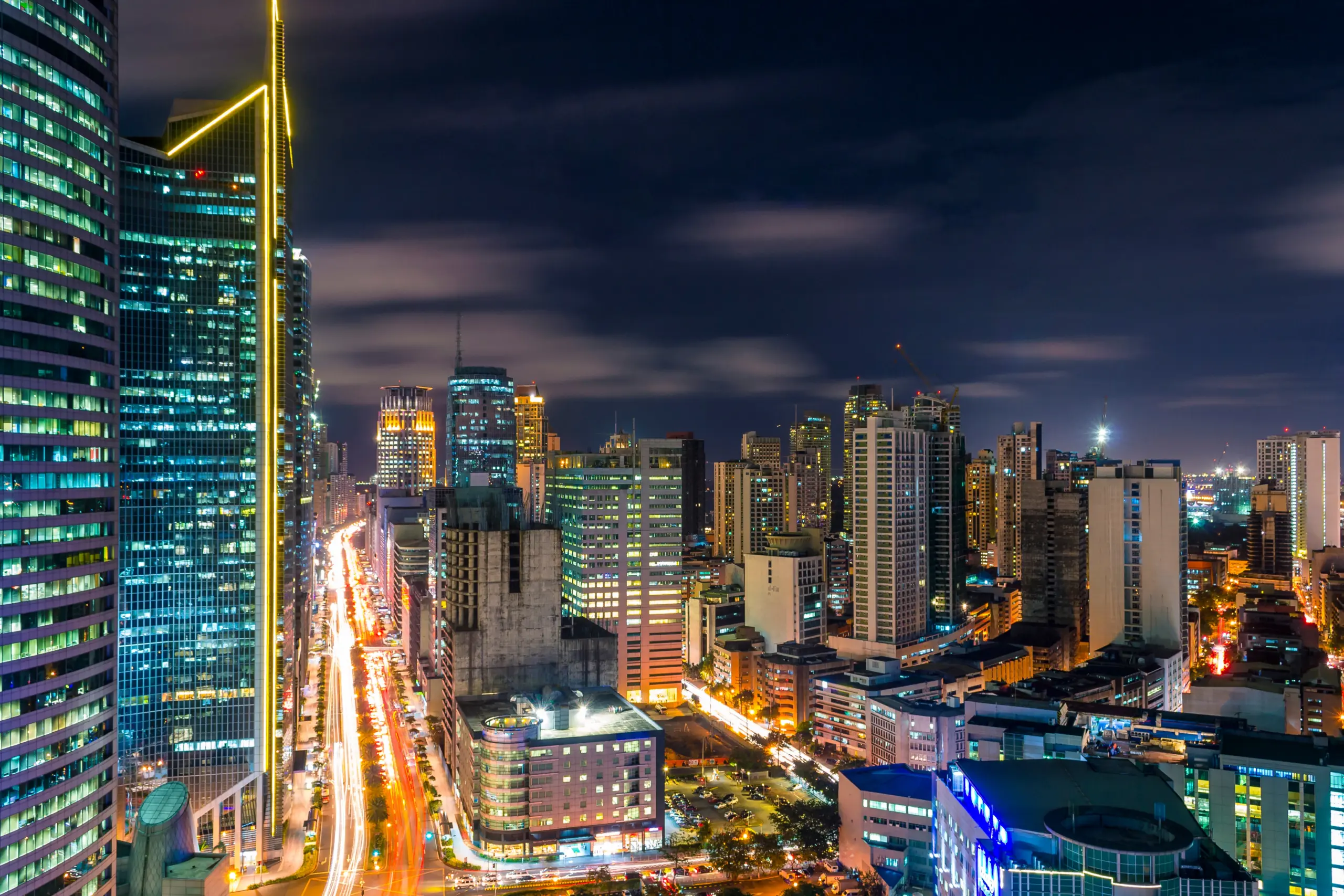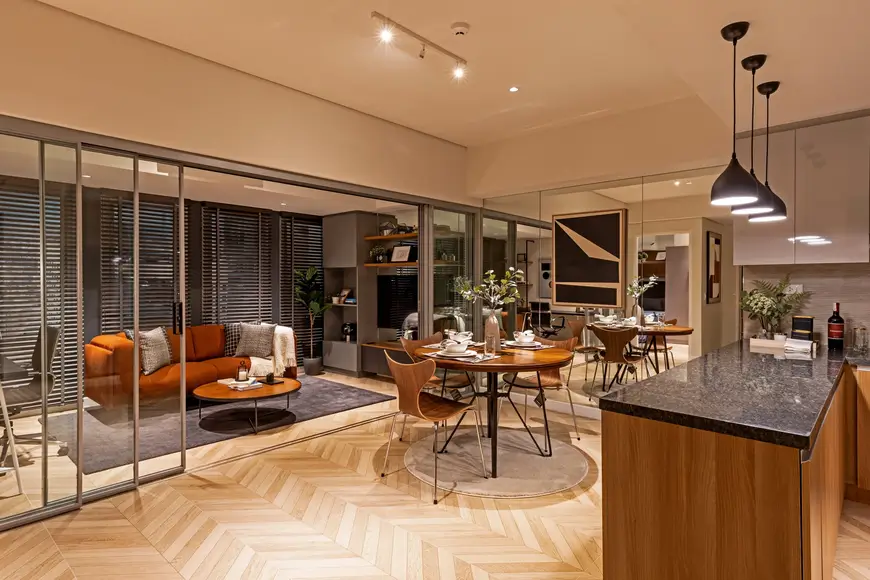The Future of Filipino Homes According to Foster + Partners, Designers of The Estate Makati
June 30, 2021

A new world is upon us: one that prioritizes physical and mental well-being, as well as one in which the idea of the modern home has been redefined. Stay-at-home orders have forced people to rethink their personal definitions of life at home, now that boundaries between work, home, and play have been blurred.
“The impact of the lockdown created a climate that suddenly allowed people to explore more radical ideas that previously were unthinkable,” says Roland Schnizer, one of the partners at the multi-awarded British architecture firm, Foster + Partners. “The global lockdown forced people to narrow their physical horizons and rediscover their proverbial backyards.”
Almost overnight, the world was all but remade. Schnizer notes, “Over the past 12 months, people have had to adapt to a new way of life almost instantaneously. Working from home has become the norm, and while offices will have a key role to play in the future are spaces for collaboration, the need for flexibility is paramount.”
While Foster + Partners have always been at the forefront of sustainable design prior to the pandemic, the firm feels it is of utmost importance as the world forges through unchartered territory: “The pandemic and its associated lockdowns around the world have put the need to develop a sustainable approach—greenery, open spaces, natural ventilation—into sharp focus. Sustainability has always been at the heart of the practice’s work and will continue to underpin our work in the future,” Schnizer says.
Masters of Innovation
The Pritzker Prize-winning firm has never been one to shy from innovation, redesigning the world as they envision it to be: sustainable, multi-purpose, and free from the confines of what would typically be a four-wall enclosure.
A recent study by CityLab, a Bloomberg subsidiary, asked people from all over the world to map out their lives under lockdown, revealing a consistent theme of local parks, gardens, and leafy streets, with buildings fading from view. Foster + Partners understands buildings are not just concrete structures which serve an immediate function, but are active participants in community and communal living. Schnizer adds, “Just as domestic spaces have had to accommodate the infrastructure of work, buildings in the future will need to embrace the uncertainty and be flexible enough to adapt to different uses…the working from home revolution could become the catalyst for a revitalization in the local communities. Vacant properties could become a new breed of community co-working spaces and other support functions to provide a much-needed change of scene from working in our homes. This would enable us to walk and cycle more often, lead healthier lives, and save time otherwise spent on commuting.”
Read more: Esquire
Explore Our Latest News & Events

Empowering the country’s next future-builders

The spirit of joy at Federal Land communities

It’s beginning to look a lot like a ‘Doraemon’ Christmas




